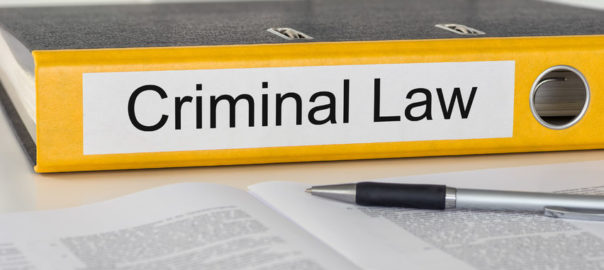Quasi-criminal proceedings are legal actions that seek to penalize an individual or entity, but the case is handled as a civil or administrative matter rather than a full criminal prosecution. These cases often arise in regulatory or administrative settings and involve elements of both civil and criminal law, imposing penalties similar to criminal sanctions without leading to a formal criminal conviction.
Differences Between Quasi-Criminal and Criminal Cases
While quasi-criminal proceedings can carry significant penalties, they differ from traditional criminal cases in several key ways. The burden of proof is generally lower than in a criminal case. Instead of requiring proof “beyond a reasonable doubt,” the standard of evidence is often “preponderance of the evidence” or “clear and convincing evidence.”
Additionally, in many quasi-criminal cases, defendants do not have the same constitutional protections as they would in a criminal trial. For example, the right to a jury trial or guaranteed legal representation may not apply.
Common Examples of Quasi-Criminal Proceedings
There are several situations that may use quasi-criminal proceedings, including:
Traffic and Motor Vehicle Violations
Many serious traffic offenses fall under quasi-criminal law. A prime example is driving under the influence (DUI). In states like Oklahoma, a DUI arrest can lead to administrative penalties, such as a driver’s license suspension, separate from any criminal charges that may be filed. Other traffic-related offenses, such as reckless driving or failure to carry insurance, may also result in fines or license restrictions.
Administrative and Regulatory Offenses
Various government agencies oversee regulations that, if violated, may result in quasi-criminal penalties. Occupational licensing boards can discipline professionals such as doctors, lawyers, and contractors by suspending or revoking their licenses. Employers who violate Occupational Safety and Health Administration (OSHA) regulations may face enforcement actions and financial penalties. Environmental law violations, such as illegal dumping or pollution infractions, also frequently go through quasi-criminal proceedings.
Contempt of Court
A judge may hold an individual in contempt of court for failing to follow legal orders. For example, someone who refuses to pay court-ordered child support or violates a protective order may face fines or even jail time as a penalty. These cases are often considered quasi-criminal because they involve punitive measures but do not always result in a criminal record.
Municipal Code Violations
Local governments enforce a wide range of municipal ordinances, from housing and zoning regulations to noise complaints and public safety laws. While these violations do not carry the same consequences as criminal charges, they may result in fines, citations, or legal action by the city or county.
Tulsa County Defense Lawyers
Quasi-criminal proceedings exist at the intersection of civil and criminal law, allowing the government to impose penalties without formally classifying a case as criminal. While these cases may not result in a criminal conviction, they can still have significant consequences. Because of the complexities involved, individuals facing quasi-criminal actions should take these matters seriously and seek legal guidance. Get a free consultation from a Tulsa County Lawyers Group criminal defense attorney by calling 918.379.4864. Or you can ask an online question by following this link.

